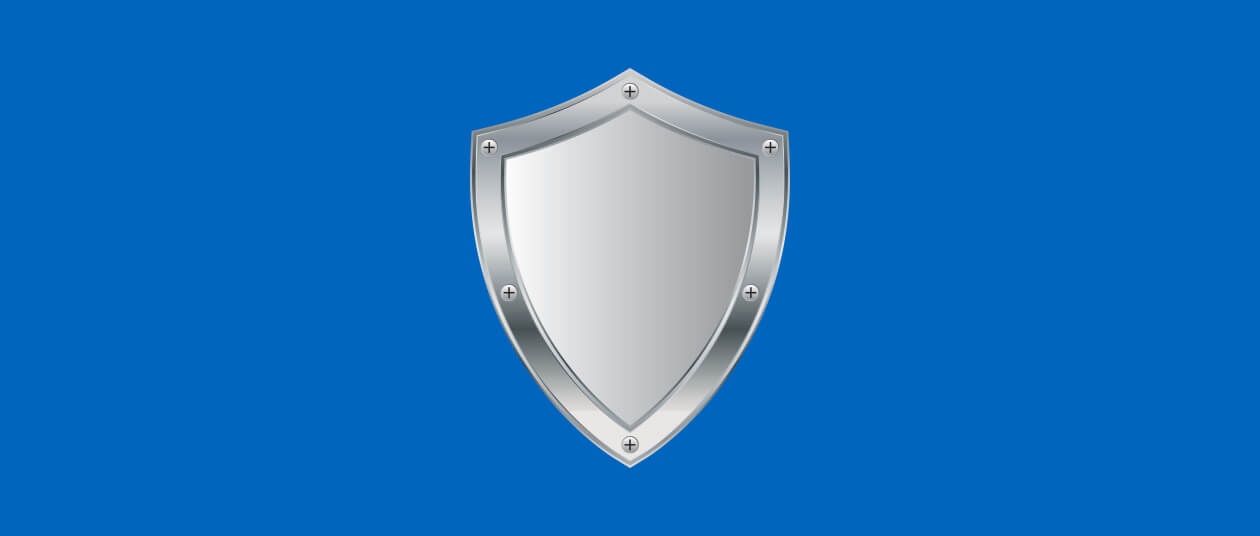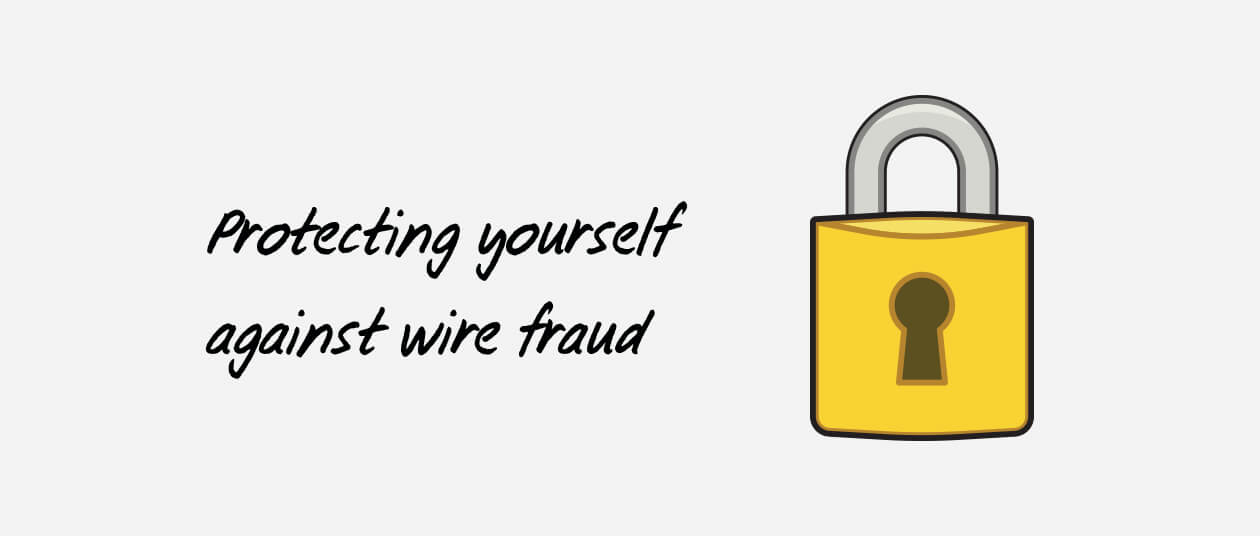Buyer beware: As you shop over the holiday season, the thieving Grinch will try to deprive you of your hard-earned money. The swell of shopping activity provides increased opportunities for fraud and identity theft, but these tips will stop your cash—and holiday cheer—from being stolen so you can protect yourself from fraud.
You better watch out for fraudulent sites as you complete your holiday shopping.
- Be aware that fraudsters may set up fake websites designed to look like those of reputable online retailers. They may send out an email with a link to the fraudulent site, a tactic known as “phishing.” Don’t bite the bait and immediately delete suspicious e-mails. Always check that you have the correct URL for online retailers and type it yourself rather than following a link.
- Before you share your credit card online, check that the page is encrypted (there should be a padlock icon in the address window and the URL must begin with https://).
- Make purchases only from websites you know and trust. If it’s an unfamiliar site, ensure you have testimonials from friends or family.
- Protect your computer and other devices from malware and spyware. Don’t click on links or open attachments from people you don’t know. Keep all software and applications up to date on all your devices, invest in the latest computer protection software, and never use a public computer for online shopping. Also, avoid unfamiliar Wi-Fi connections as fraudsters can set up fake public networks to steal your financial information.
- Many reputable retailers offer safe and reliable online shopping but there are also crooks out to deceive you.
Be safe online.
- Be on guard against telemarketing fraud (vishing) and text messages from criminals (SMishing) over the holidays.
- If a telemarketing or text message offer sounds too good to be true, it usually is. Rule of thumb: Never give your personal information (e.g. credit card, debit card, online access code, or social insurance number) over the phone or via text message to anyone, unless you initiated contact with a legitimate business through a trusted channel.
If you’ll be hitting the mall rather than shopping online, follow these safety tips:
- Keep your credit cards and debit cards secure – don’t share them with anyone unless you’re making a purchase.
- Protect your PIN and make sure it’s not easy to guess. Never write down your PIN on your card.
- If your credit or debit card gets lost or stolen while you shop, contact your financial institution immediately.
- As you shop, keep an eye on your possessions and purchases at all times. In particular, don’t leave items in your car.



